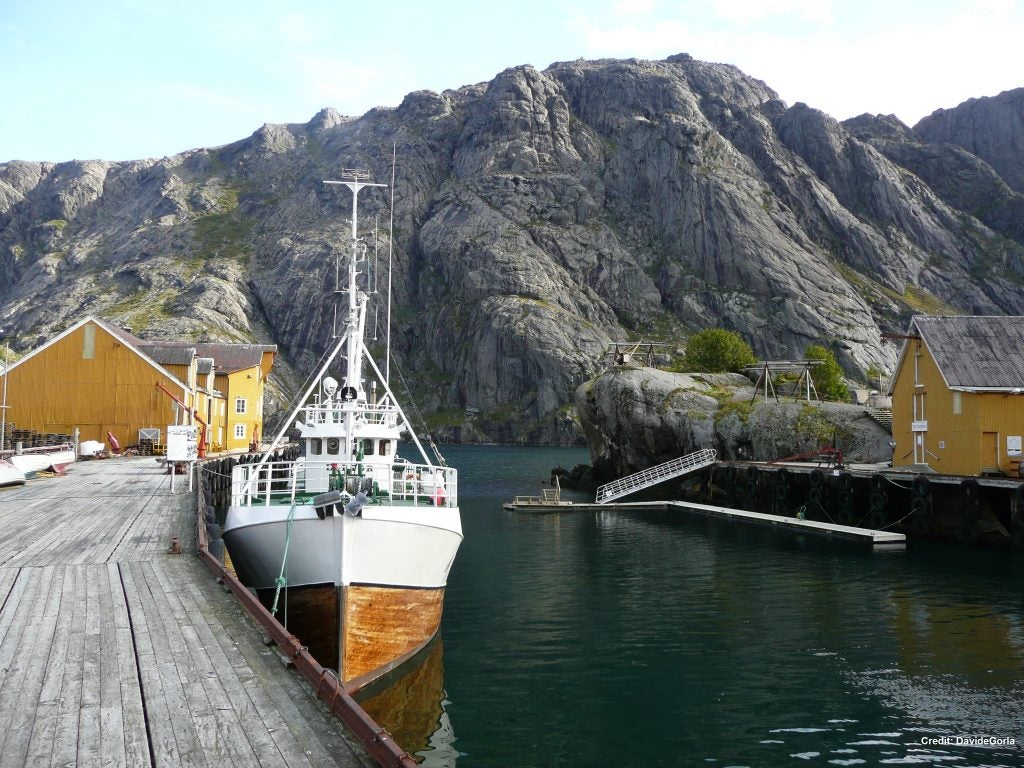Editor’s note: This is the fourth in a multi-part blog series, Fisheries for the Future, examining the impacts from climate change on global fisheries and the opportunities to address these emerging challenges. Throughout the series, we’ll be investigating how climate change will impact the world’s supply and distribution of fish and what we can do to ensure the most sustainable future for ourselves and our planet.
History is written in no small part through the conflicts over shared resources between neighboring countries, as each party tries to maintain its share of the pie. But in the ocean, these issues tend to be exacerbated. One of the key ocean resources is fish, which are out of sight and mobile, swimming long distances to find optimal breeding or feeding grounds. Now, with rapidly warming ocean waters due to climate change, the stakes are even higher as fish shift out of areas where they’ve traditionally been found, often crossing international boundaries. Read More











